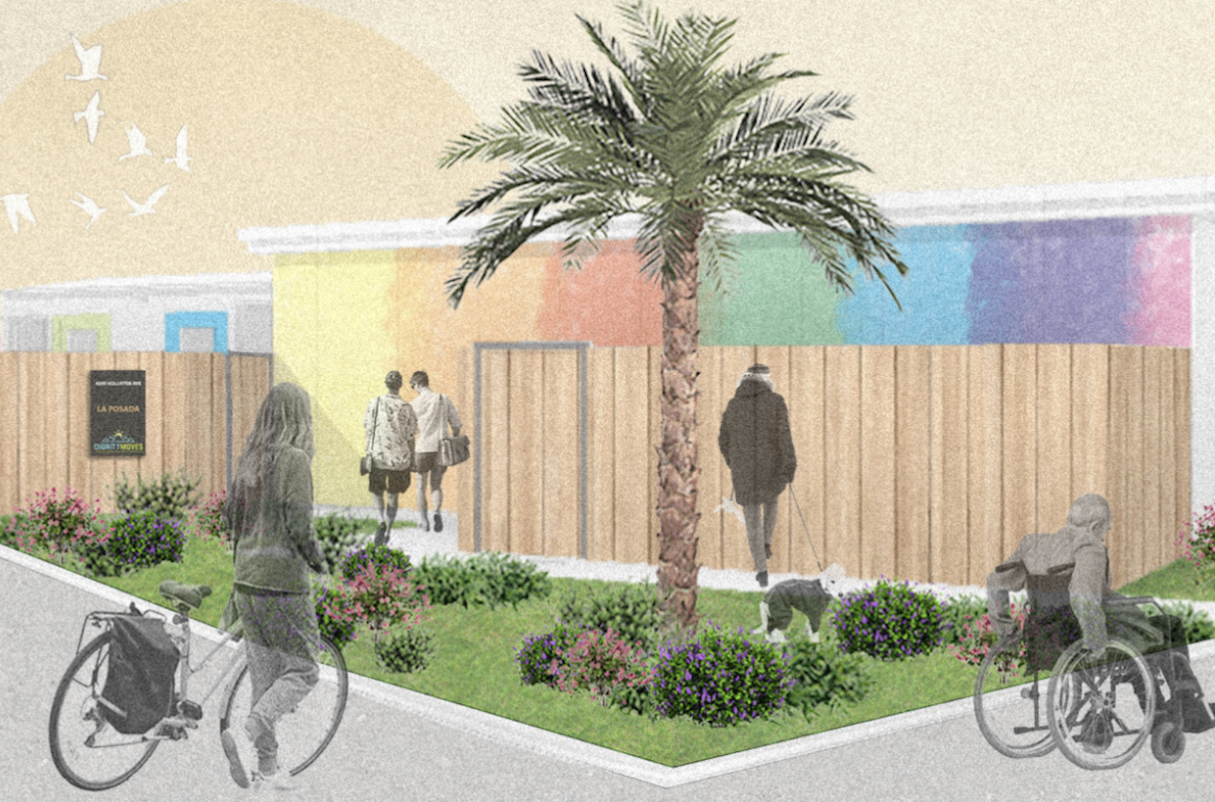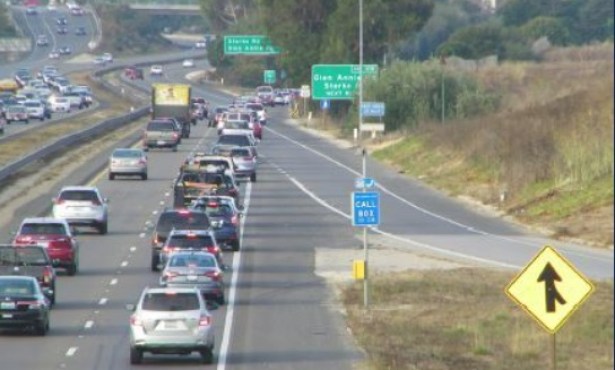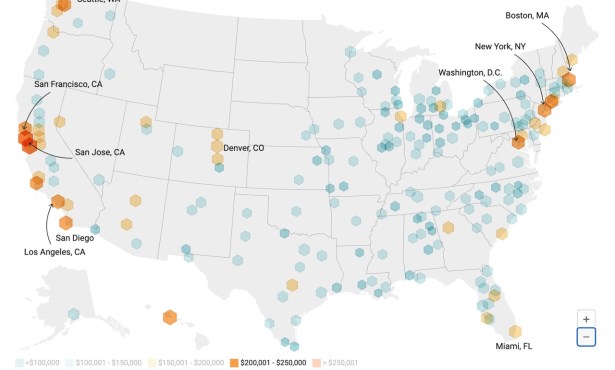More Tiny Homes in Santa Barbara County
Supes Support DignityMoves Projects

Early next year, DignityMoves will be providing transitional housing for those experiencing chronic homelessness via 174 pre-fabricated, assemble-in-place, tiny-home cabins. Sometime in January, DignityMoves — working with Good Samaritan and the County of Santa Barbara — hopes to open an 80-unit project, known as La Posada, on county-owned property located at 4500 Hollister and, before that, a 94-unit project known as Hope Village located near the county government complex in downtown Santa Maria.
County supervisors overwhelmingly approved both projects, the combined costs of which will be $12 million to build and $4 million annually to operate. The DignityMoves prototype is the 34-unit village on the 1000 block in downtown Santa Barbara that’s been in operation for the past year. In that time, 100 guests have reportedly been served, most of whom had lived on the streets for a long time, many struggling with mental health issues.
This model differs from many shelter approaches in that residents — who stay six to 12 months — have their own separate units with doors they can close and lock. Shared restrooms and bathing facilities, food, security, and a host of medical and psychological services are provided. According to the County of Santa Barbara, which provided the land and considerable funding for the project, 48 percent of the downtown village’s occupants have transitioned to permanent housing, a significantly higher success rate than other such regional housing programs. Of those served, 13 people were asked to leave because they violated the health or safety rules of the project. A smaller number left on their own.
Neighbors of the proposed La Posada village objected to the suddenness with which the project was sprung on them and the fact that it will target people living in the many nearby homeless camps, regarded by many as a particularly challenging and independent-minded population. The supervisors, however, expressed confidence the new project would do a better job of addressing the needs of — and challenges posed by — people currently living in the camps.



